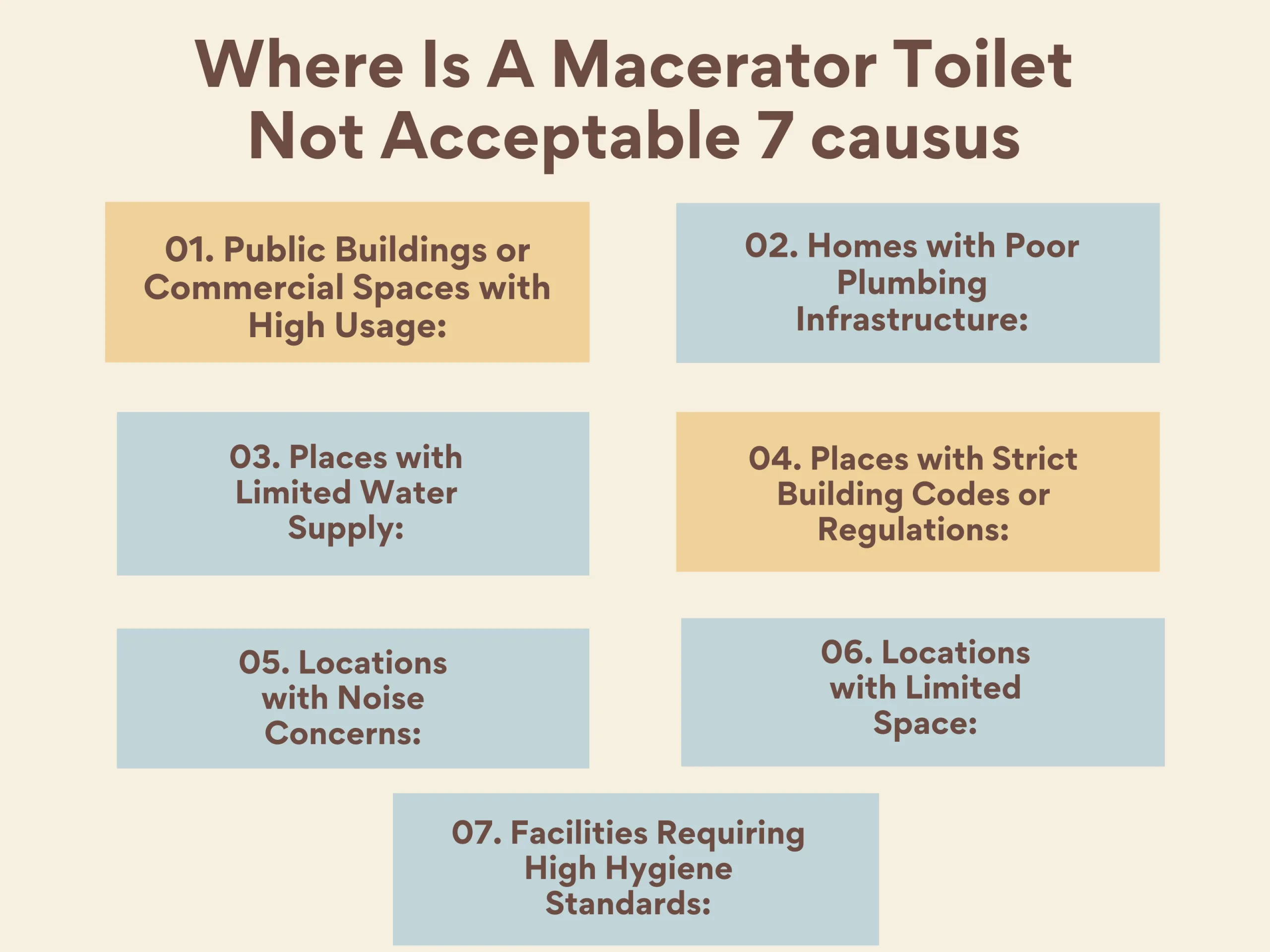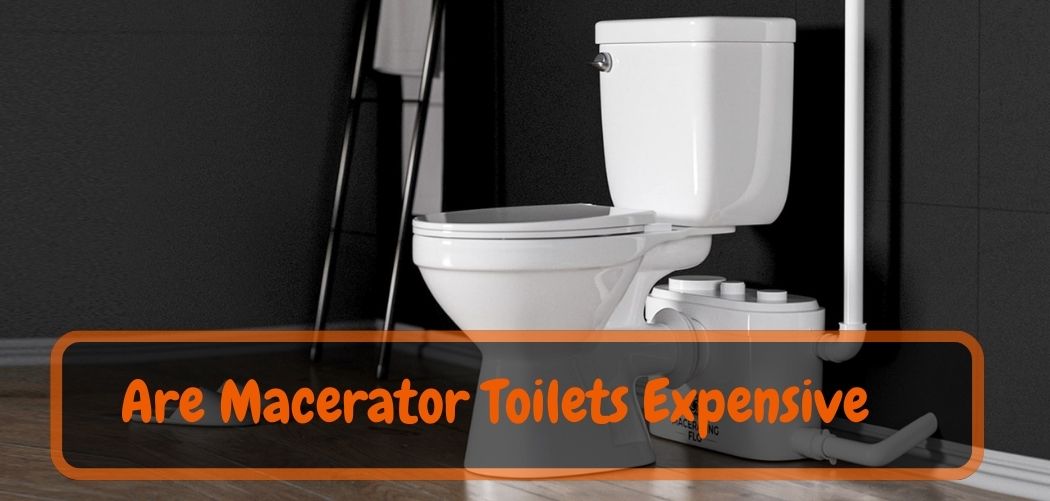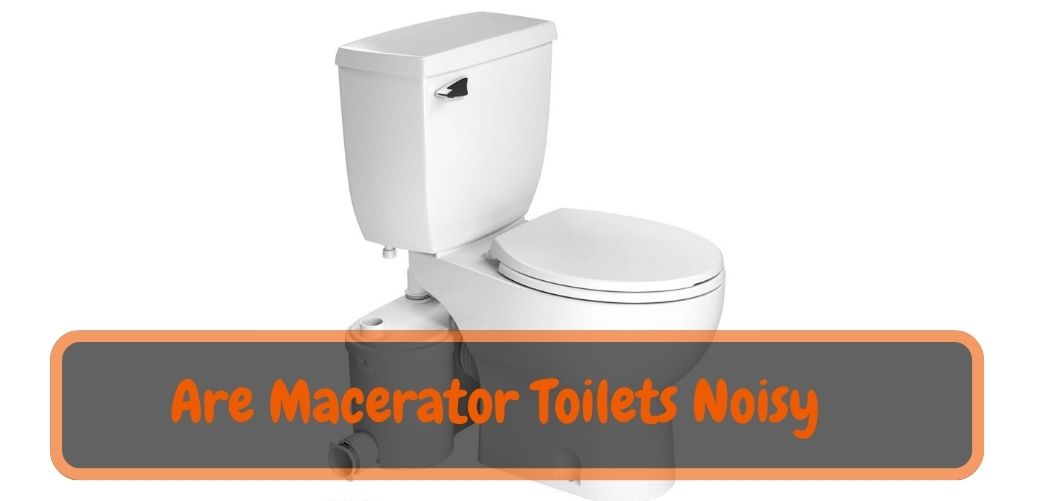A macerator toilet may not be acceptable or suitable in certain locations or circumstances due to various reasons. Here are some situations where a macerator toilet might not be recommended or acceptable:
01. Public Buildings or Commercial Spaces with High Usage:
Macerator toilets may not be suitable for high-traffic areas or public buildings where there is a constant influx of people using the facilities. The macerator system might not handle heavy usage well. It could have frequent breakdowns or clogs.
02. Homes with Poor Plumbing Infrastructure:
If a home or building has old or inadequate plumbing infrastructure, a macerator toilet might not be recommended. The existing plumbing system may not be able to handle the additional load or pressure created by a macerator toilet.
03. Places with Limited Water Supply:
Macerator toilets require a certain amount of water to operate effectively. In areas with limited water or a need to save water, people may opt for regular or waterless toilets instead of macerator toilets.
04. Places with Strict Building Codes or Regulations:
Some areas or regions have building codes or regulations that specify the types of plumbing fixtures that are allowed. These regulations don’t allow macerator toilets, so they can’t be used in those places.
05. Locations with Noise Concerns:
Macerator toilets can be noisier compared to conventional gravity-fed toilets. Macerator toilets may not be preferred in quiet places like homes or offices.
06. Locations with Limited Space:
Macerator toilets need extra space for the macerator unit. This may not work in small bathrooms or tight spaces. In such cases, a compact traditional toilet might be a more suitable option.
07. Facilities Requiring High Hygiene Standards:
Hospitals and laboratories need toilets that meet high hygiene standards. Macerator toilets may not meet these standards because of maintenance, sanitation, or malfunctions.
It's important to consult with a plumbing professional or adhere to local building codes and regulations when determining the suitability of a macerator toilet for a specific location. Factors like plumbing infrastructure, usage patterns, noise tolerance, water availability, and space constraints should all be considered in the decision-making process.
Also Read: Unlocking the Truth: Macerator Toilets – Boon or Bane?
Can you Put a Macerator Toilet Anywhere?
You can install a macerator toilet in various locations, as it can pump waste to a drainage system. It can work even if the sewer line is higher up or far away. But, there are practical limits to where you can install a macerator toilet.
1. Proper Electrical and Plumbing Connections:
A macerator toilet requires both a standard electrical outlet to power the macerator pump and a water supply connection like any other toilet. Ensuring these connections are available in the desired location is crucial.
2. Adequate Space for Installation:
Before installing a macerator toilet, make sure there is enough space for the macerator unit.
3. Compliance with Local Building Codes:
Local building codes and regulations may dictate where certain fixtures can be installed. Before installing a macerator toilet, make sure to follow the rules and get the right permits.
4. Access to a Drainage System:
The macerator toilet needs a way to discharge waste into the drainage system. To use the macerator toilet, you must have access to a sewer or septic system.
5. Noise Considerations:
Macerator toilets are noisier than regular toilets because of the macerator pump they use. Consider whether the noise levels are acceptable for the intended location.
6. Maintenance Accessibility:
Ensure that the macerator unit is easily accessible for maintenance and potential repairs. Accessibility is crucial to ensure the long-term functionality of the macerator toilet.
7. Proximity to Ventilation:
Macerator toilets require a ventilation stack nearby for airflow and controlling odor.
Macerating Toilet Pros and Cons!
Here’s a structure the texture table for Macerating Toilet Pros and Cons:
| Pros | Cons |
|---|---|
| Easy installation | Higher upfront cost |
| No need for traditional plumbing | Requires electricity |
| Flexibility in placement | Potential maintenance issues |
| Suitable for basement bathrooms | Limited flushing capacity |
| Cost-effective for renovations | Limited flushing options |
| Handles waste from multiple fixtures | Noise during operation |
| Ideal for remote or challenging locations | Requires regular maintenance |
While a macerator toilet offers flexibility in terms of drainage options, it's important to assess the specific requirements of your location and consult with a professional plumber to determine if a macerator toilet can be installed there. Always follow local building codes and regulations to ensure compliance and safety.
Also Read: Silent or Screechy: Are Macerator Toilets Noisy?
FAQs about Macerator Toilets:
Q1. What are common macerator toilet problems?
Macerator toilets can experience issues such as clogs, mechanical failures, and odors. Regular maintenance and proper usage can help prevent these problems.
Q2. Are there alternatives to a macerator toilet?
Yes, alternatives include composting toilets, traditional gravity-fed toilets, and upflush toilets. Each has its own benefits and considerations based on your needs and plumbing setup.
Q3. How does a macerator toilet work?
A macerator toilet uses a pump to macerate waste into a slurry, making it easier to pump through pipes into the main sewage system or septic tank. It allows for flexible bathroom installations by pumping waste uphill or over long distances.
Q4. Can a macerating toilet handle both toilets and showers?
Yes, a macerating toilet system can handle waste from toilets and showers. The macerating pump effectively grinds waste from both fixtures into a fine slurry for easier drainage.
Q5. What is the best macerating toilet on the market?
When searching for a macerating toilet, consider the brand’s reputation, performance, features, and user reviews. Some popular brands include Saniflo, Liberty Pumps, and Thetford. Research and compare options to find the best fit for your needs.
Always consider local building codes, high-traffic areas, limited water supply, and noise-sensitive places when assessing the suitability of a macerator toilet. Choose the right plumbing solution that aligns with the specific requirements and regulations of the intended location.










